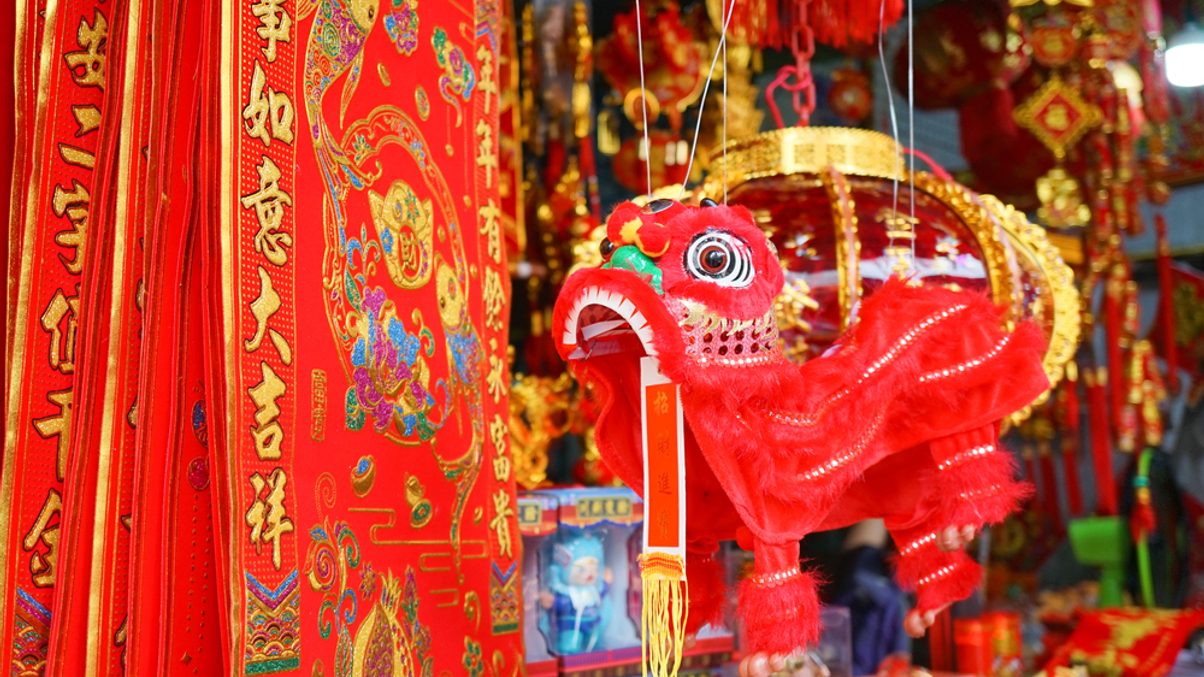China's wealthy families see 'push-pull' factors to diversify to Singapore
Wealthy mainland Chinese are choosing Singapore as a safe haven to park their wealth and to build a home away from home.

Singapore is seeing an influx of ultra-wealthy families from China looking to protect their wealth, as they seek safe harbour from geopolitical uncertainties and implement strategic asset diversification.
Sign in to read on!
Registered users get 2 free articles in 30 days.
Subscribers have full unlimited access to AsianInvestor
Not signed up? New users get 2 free articles per month, plus a 7-day unlimited free trial.
¬ Haymarket Media Limited. All rights reserved.


